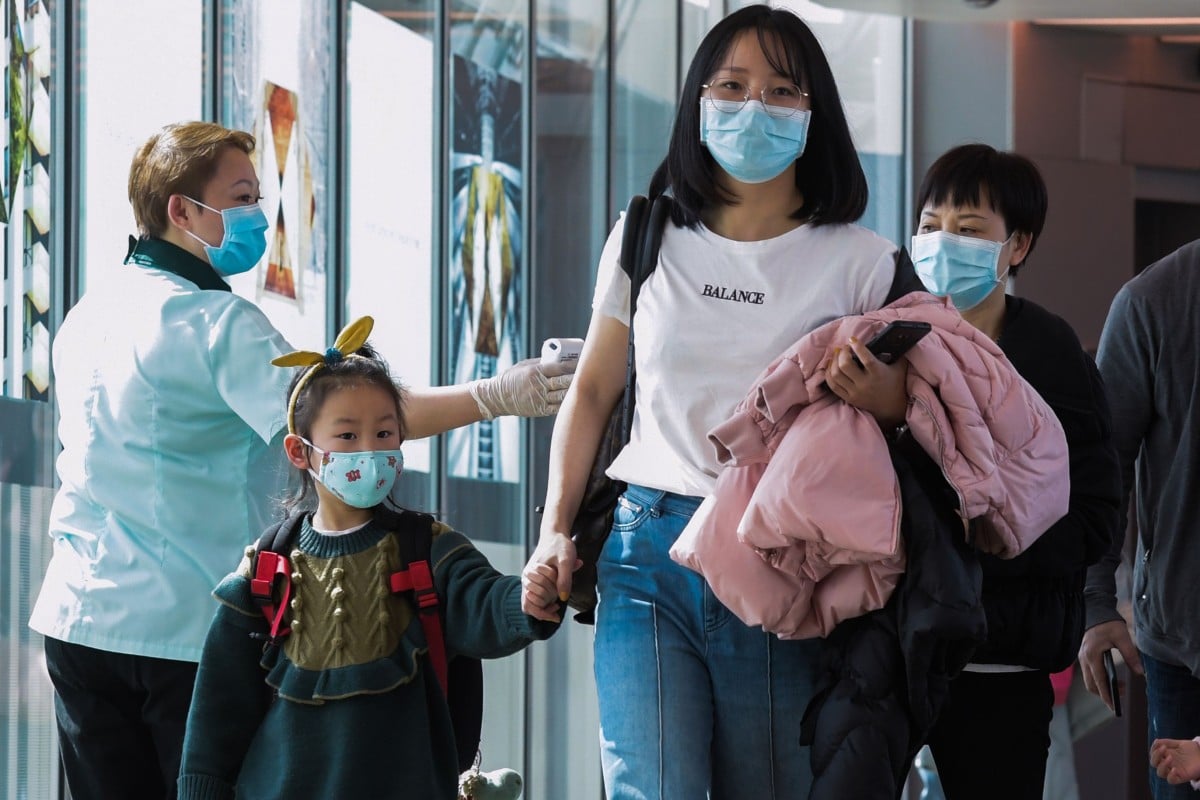What exactly is the “Wuhan Coronavirus”?
Designated 2019-nCoV, the novel strain of coronavirus was identified by the Chinese authorities on 7 January 2020 in Wuhan, Hubei province of China. It is widely believed to originate from a seafood market where illegal trading of wildlife also took placed.

Although coronavirus is commonly transmitted between animals and animal-to-human, human-to-human transmission has been confirmed for the Wuhan Coronavirus.

Since 23 January, the Chinese authorities have imposed a city-wide lockdown on Wuhan, in an “commendable” effort to contain the virus and prevent an epidemic.
However, Mayor Zhou Xianwang revealed that about 5 million residents left Wuhan before the lockdown, bringing complications up another notch. As of 28 January 2020 (6pm), cases have been reported in 18 countries.
What are the symptoms?
The incubation period of this coronavirus is theorized to be 10 to 14 days, yet current known signs of infection include:
1. Fever
2. Breathing difficulties
3. Impaired kidney and liver function
4. Severe acute respiratory syndrome
5. Pneumonia
6. Kidney failure
7. Death
Although it is less deadly as the 2003’s SARS and does not constitute as a global emergency currently, China’s National Health Commission Minister Li Bin stated that the virus may mutate and increase the rate and spread of infection.

What is Singapore doing about it?
On 23 January, the first case of the virus has reached the shores of Singapore. Being a densely populated city and a major transport, business and tourist hub, the effect might be devastating if proper precautions were not taken on the macro and micro level. As of the time of writing (6pm, 28 January), the total of infected was raised to seven (all from Wuhan). Here’s what Singaporean authorities are doing:
- No entry or transit for travelers with passports issued in Hubei or those who have travelled there within the last 14 days.
- The Minister of Education (MOE) has imposed a compulsory 14-day Leave of Absence (LOA) to students and employees returning from Mainland China.
- Singapore Airlines and Scoot announced that they will be waiving all cancellation and change fees for tickets issued prior to 24 January 2020, for travel to and from Mainland China, up to and including 29 February 2020.
- NUS, NTU, SMU hostels to be used as quarantine facilities, on top of designated chalets to fight the spread of virus.
- Appropriate support for businesses, such as reducing costs, alleviating cash flow and retaining workers will be given.

Hostels emptied to serve as quarantine facilities
Precautions to take
In view of the Wuhan Coronavirus, here’s how to protect yourself and your loved ones by exercising common-sense and adopting good personal hygiene.
1. Avoid travelling to China, in particular the Hubei province
2. Avoid crowded places and close contact with people showing symptoms
3. Avoid close contact with live poultry and consumption of raw and under-cooked meats
4. Wear a surgical mask in public, especially if you are feeling unwell
5. Practice frequent hand-washing with soap and water
6. Cover your mouth and nose with a tissue when coughing/sneezing
7. Seek medical attention if unwell


